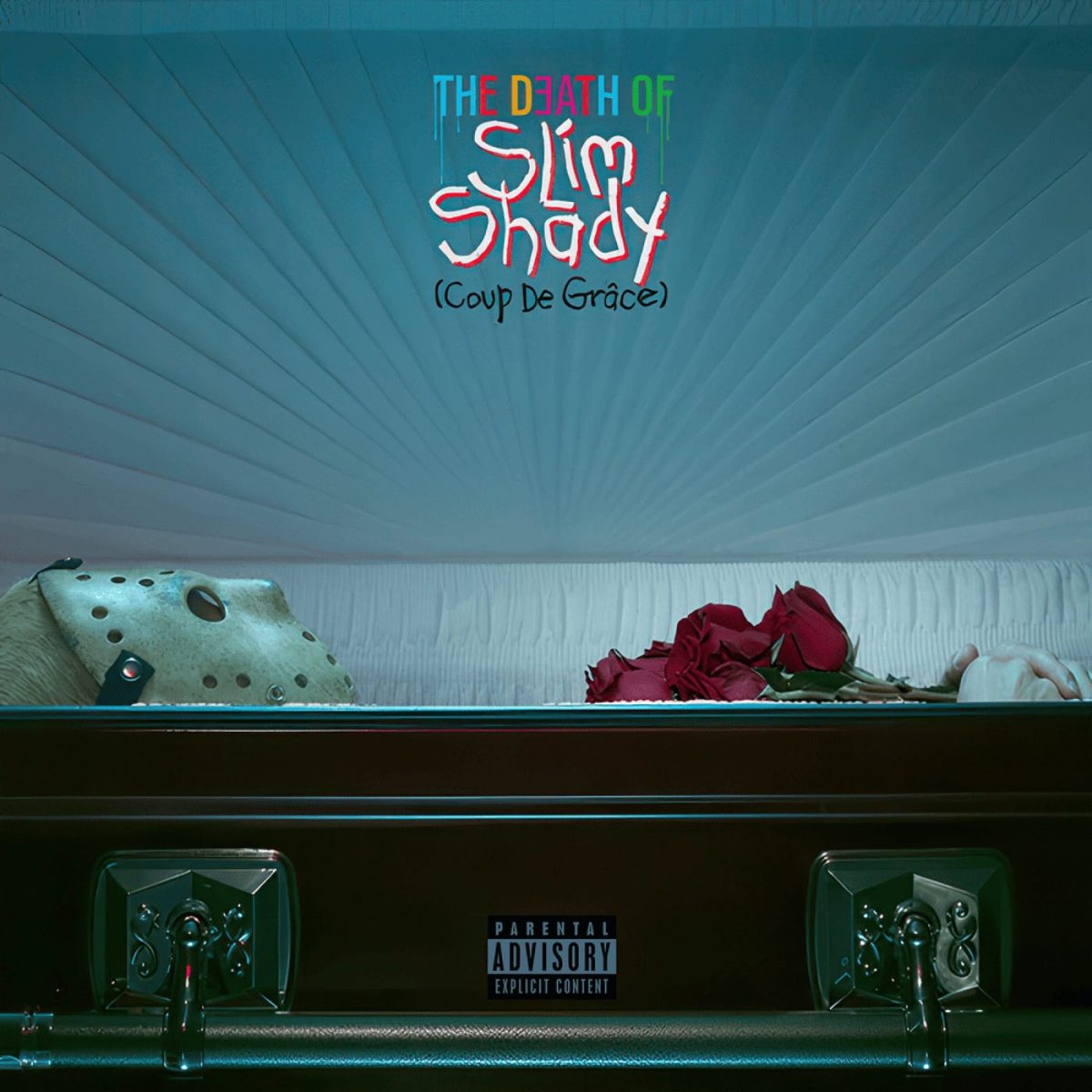In October of this year, Britney Spears’ memoir The Woman in Me became an instant bestseller and a topic of national conversation. The world was finally able to see the singer’s perspective on her own life, relationships, and eventual conservatorship. While Spears’ book focuses on her own experiences, it also brings to light the many flaws of the way that our culture and legal system responds to those going through struggles with mental health.
In 2005 and 2006, Britney gave birth to her two children with her husband Kevin Federline. When the singer showed signs of postpartum depression, the media took a sudden interest in Britney’s personal life. Soon after having her children, Britney was convinced to file for divorce against Federline after being told that he had no interest in being with the singer any longer and would terminate their marriage if she didn’t first. Spears was distraught, just as any person –with or without struggles in mental health– would be. Shortly after, Federline filed for complete custody of their two children.
Even in the midst of these challenging times, Spears was consistently followed by paparazzi who would take unflattering photos of her in her weakest moments; the media would then use these photos to claim that Spears was an unfit mother and mentally unwell. In January of 2008, Spears was allowed to visit her kids in the midst of the dispute over their custody; when the visit was over and she was to return her children to Federline, the singer panicked over the thought that it could be the last time she was allowed to see her children and ran back inside her home with her younger son in her arms. She locked herself in the bathroom while holding her son and tried to salvage just a few more moments with her child. The event ended when a SWAT team bursted into the singer’s home, returned the child to his father, and forcibly sent Spears to a nearby hospital.
It was clear to the world that Britney was having a mental health crisis; the singer herself now admits that she was. Her crisis wasn’t met with any sympathy from the public, though. As the media criticized the singer’s behavior and attacked her character, her father, Jamie Spears, filed to become the guardian of his daughter. The request was quickly granted. Jamie Spears became a conservator of both Britney’s person and her estate, meaning he had control over both her day-to-day life and assets.
Conservatorships, in nature, are not bad. There are times when people truly cannot dictate how they live their own lives, whether they simply don’t have the mental capacity to do so or they pose a serious, prolonged threat to their own wellbeing. Britney Spears didn’t need to be placed under a conservatorship, though; in her own words, “Conservatorships, also called guardianships, are usually reserved for people with no mental capacity, people who can’t do anything for themselves. But I was highly functional. I’d just done the best album of my career. I was making a lot of people a lot of money, especially my father, who I found out took a bigger salary than he paid me. He paid himself more than $6 million while paying others close to him tens of millions more.” As time went on, she was forced by her father to make more albums and perform all across the nation. The singer supposedly lacked the mental capacity to have control over her life, yet somehow managed to work grueling hours and continue to have a successful career, making money for both her father and his lawyer.
The abuses against the singer went much deeper than that, however. Britney claims to have been drugged on numerous occasions by her family to keep her in a subdued state. If Spears wanted to be able to see her children, she would have to abide by the will of her father. The singer wanted to get married and have more children, but wasn’t allowed to do so; she was forced to take birth control despite her pleas not to. All of these things happened because of her struggles with mental health as a young adult that took place after a series of challenging experiences that would cause anyone to experience extreme pain and emotional turmoil.
Britney’s book reminds us just what can go wrong when we don’t discuss the topic of mental health openly and from an educated stance. We cannot view mental health as an issue that only those with priorly diagnosed mental illness have to deal with. The truth is that any one of us could experience struggles with our mental health sparked by any of the many hardships that we could potentially face in life. We must recognize this and make sure that people are aware of what resources they can utilize if they find themselves struggling. Furthermore, we need to understand that people who experience these struggles with mental health are still people who have the right to have control over their lives. When people show signs of poor mental health, it is important that we help them and try to return them to a baseline level of stability. The goal shouldn’t be to take away their freedom forever and dictate how they live their lives, nor should it be to criticize them and contribute to their suffering; the goal should be to treat them medically –just as you would with someone with any other type of illness– and support them emotionally, to come to their side and help them through the challenges that they face.







